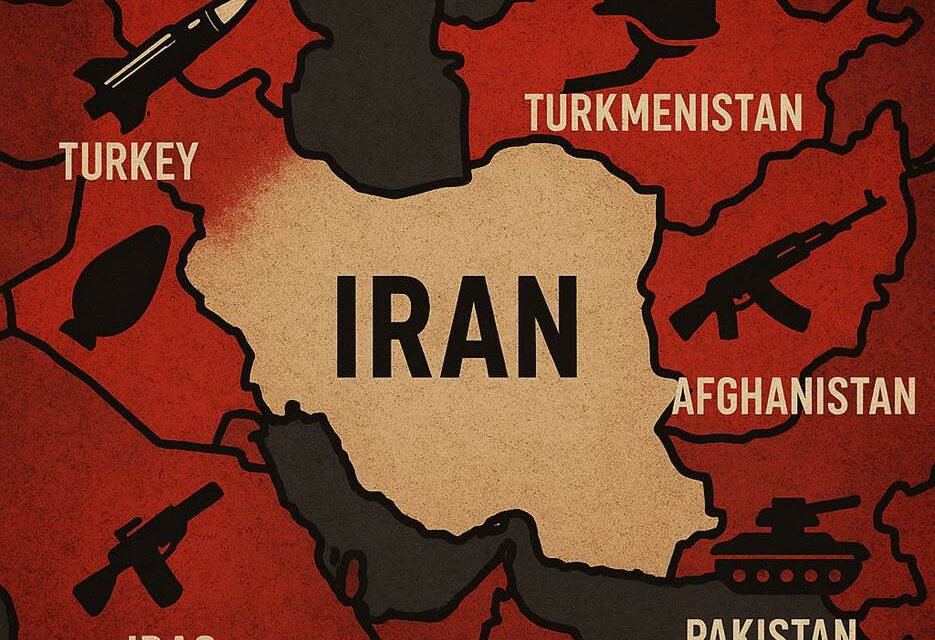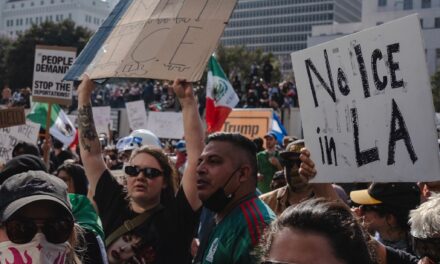The US/Israel are actively and overtly preparing for war on Iran. From their perspective current conditions may be favorable for an attack due to several strategic and geopolitical factors. Iran could be nearing weapons-grade uranium enrichment levels, but it does not yet have a nuclear deterrent capability. Additionally, regional instability—such as the weakening of Iran’s allies in Iraq, Syria, Lebanon, and Yemen—may reduce the risk of retaliation. Israel’s recent normalization of relations with several Arab states could also provide a buffer against diplomatic backlash. Domestically, political leaders both Washington and Tel Aviv may view military action as a way to demonstrate resolve and shift focus from internal issues. Combined, these conditions create a strategic window in which a limited strike or broader campaign against Iran might be deemed militarily effective and politically propitious.
Our speaker, Bahman Azad, is eminently qualified to discuss the current volatile situation in west Asia. He is a retired professor of economics and sociology. His area of research includes the political economy of capitalism and socialism. He is the author of the book: Heroic Struggle, Bitter Defeat: Factors Contributing to the Dismantling of the Socialist State in the USSR. Bahman is currently the president of the U.S. Peace Council, a member of the secretariat of the World Peace Council, and representative of the World Peace Council at the United Nations. He is also a member of the administrative committee of the United National Antiwar Coalition (UNAC).
Bahman Azad is affiliated with the anti-imperialist, Iranian “10 Mehr” Group. He was co-chair of Venezuelan Embassy Protectors Defense Committee and is currently serving as the coordinator of the Coalition Against U.S. Foreign Military Bases and co-coordinator of the Hands-Off Syria Coalition.





